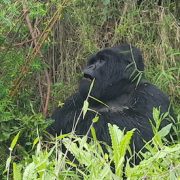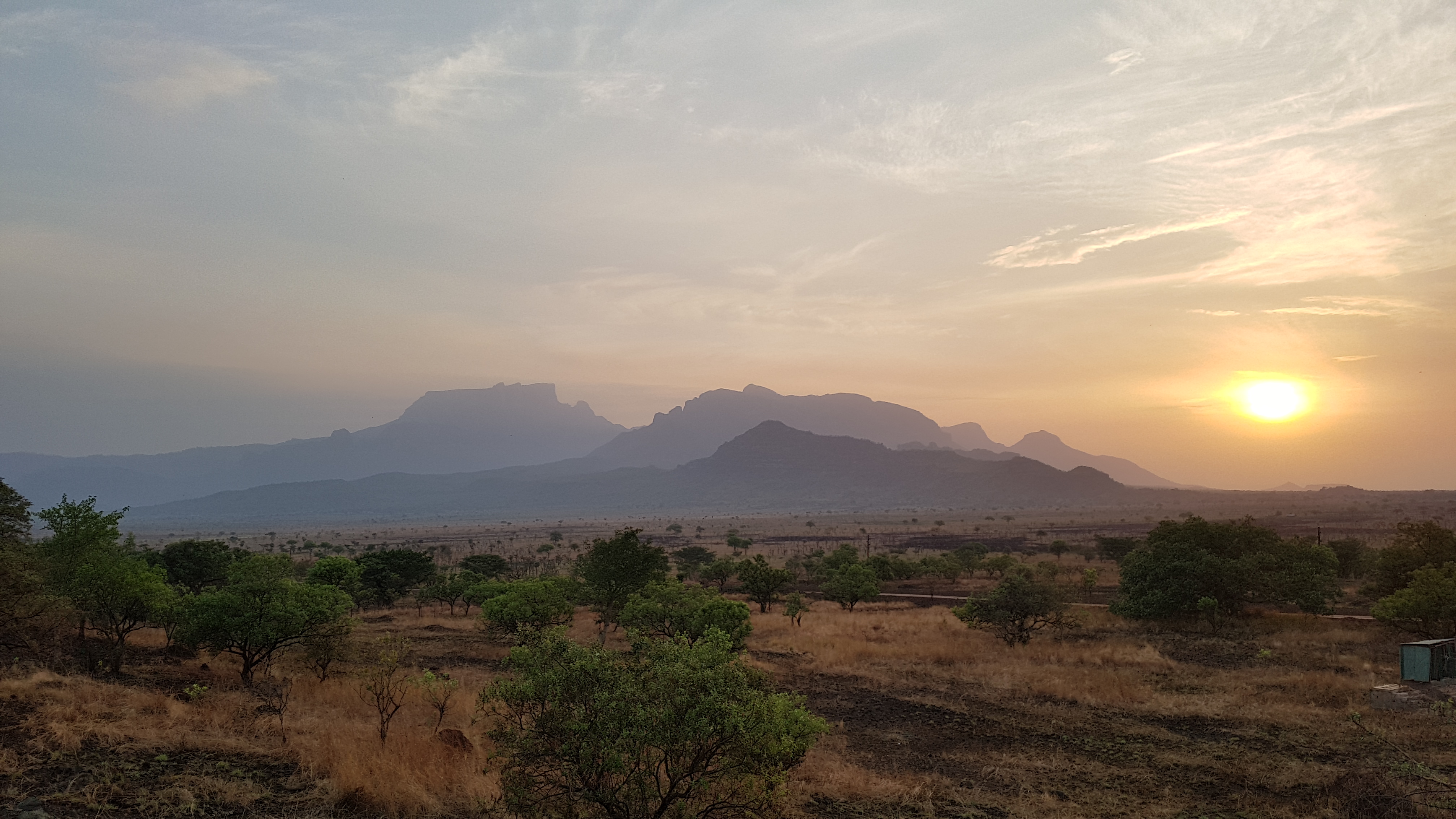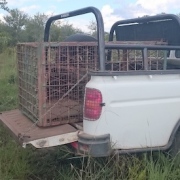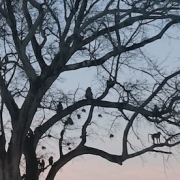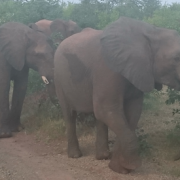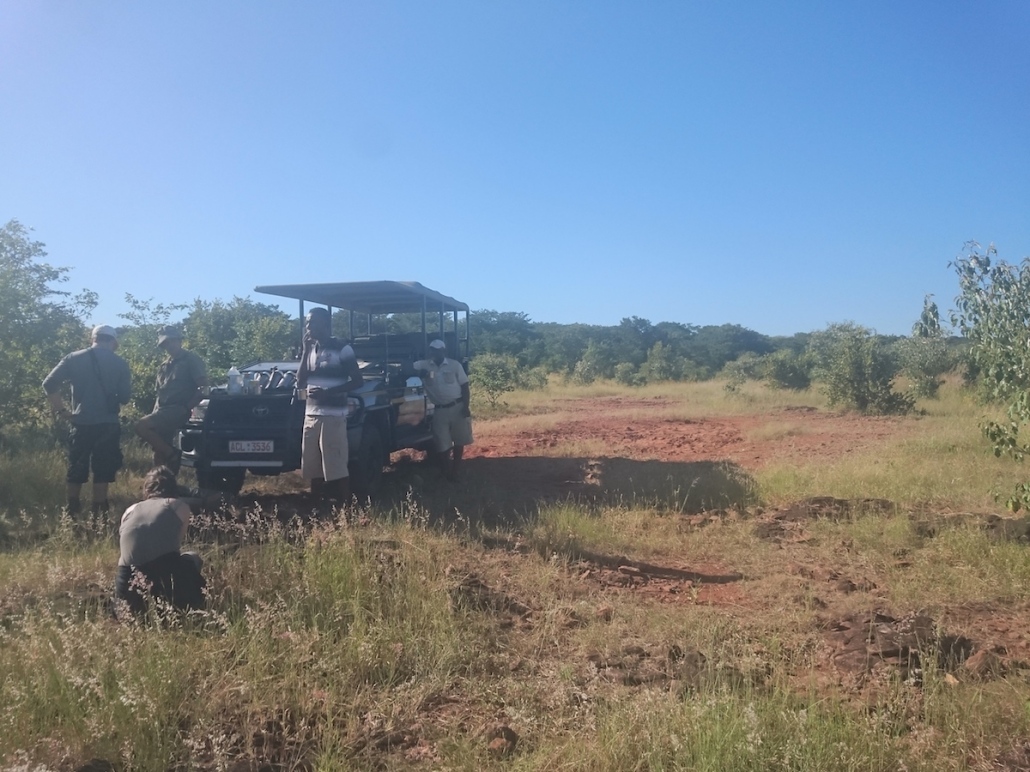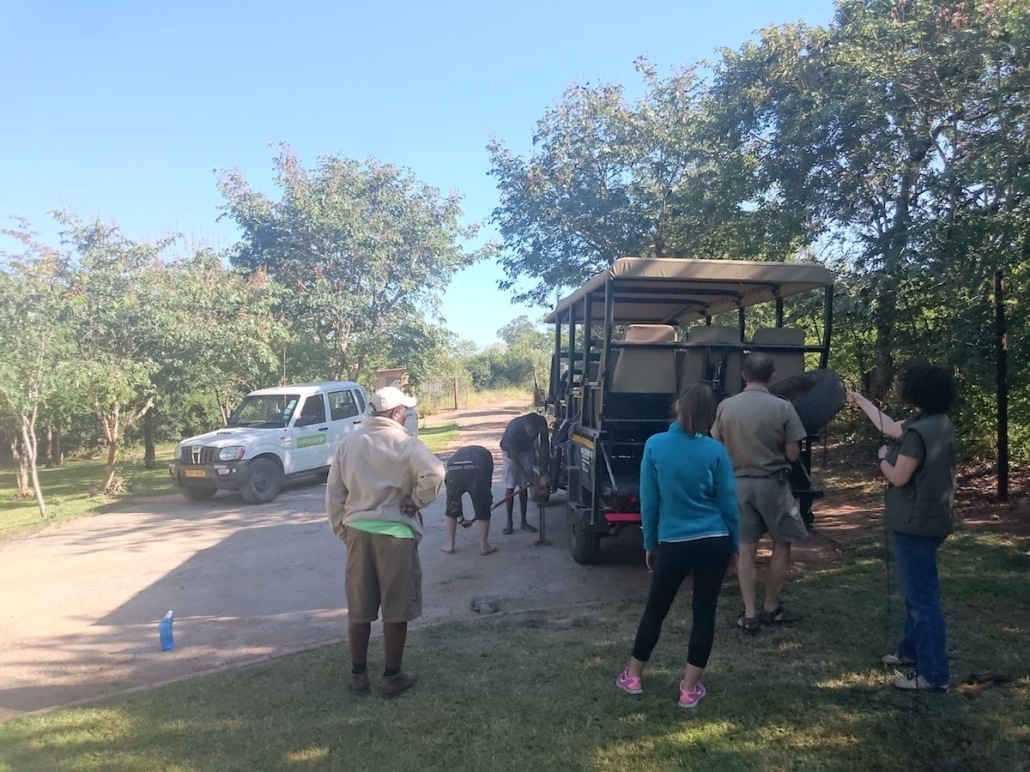Sound recording roadtrip through Uganda
It had been over a year since I had last been to Africa for sound recording, and it started to itch. I poured over maps, dreamed up plans, made a few half starts and eventually settled on visiting Uganda for a three weeks field recording trip. I wanted to experience the same freedom as in 2015, when I drove through and camped in Botswana and Namibia, recording whenever I could.
Why choose Uganda? It is a relatively small country that with its great variety of nature is almost a miniature sub-Saharan Africa, offering dense rainforests, expansive grassland savannas and spectacular mountain ranges. It is a top African birding destination, and right now the best country to see mountain gorillas in the wild.
And while not exactly cheap, Uganda is relatively affordable yet not as touristy as neighbouring countries Kenya and Tanzania. So the question to me quickly became: why not choose Uganda?

